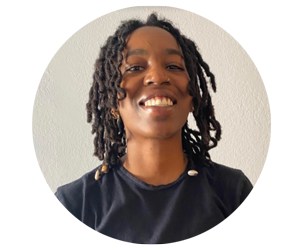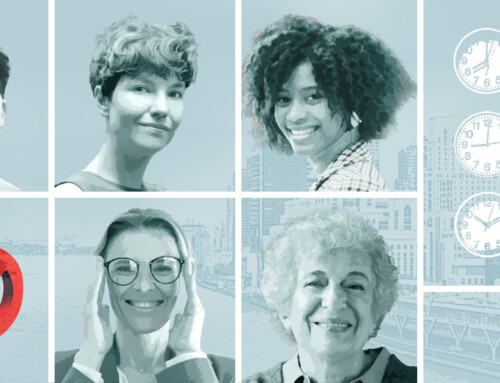All women have been challenged by gender bias in the workforce, but you may be unaware of some specific difficulties Black women face at work. According to the 2019 U.S. Census, all women were paid 83% of what non- Hispanic white men were paid. In comparison, Black women were paid only 63% of the earnings of their white male counterparts who worked the same jobs. This is why mindfulness when working with Black women is important.
There are common arguments for why this may be and questions about how this applies to work. However, most of them come down to one thing: biased attitudes about Black women. Before you debate all the possible reasons Black women are experiencing such opposition at work, ask yourself if you’ve ever held any of the following sentiments that discriminate against Black women at work:
Negative Perceptions About Appearance
Women are judged just as much by their appearance as they are by their work performance, while men are less likely to be held to such standards. However, Black women’s appearances are judged by expectations for both gender and race. Minority women are often held to higher standards, still expected to fit into the mold of the dominant white culture.
Many Black women report being asked by a manager to change their appearance, specifically hairstyles and other adornments, in the name of professionalism. Black women are known to wear their hair in various styles such as braids, locs, and head wraps. In many instances, Black women are denied work opportunities for wearing their hair this way.
People unfamiliar with these styles often view them as unprofessional, unaware that these are not mere fashion statements, but cultural practices that have existed for thousands of years. Braids and headwraps are worn to protect the hair from damage and keep it neat, as Afro-textured hair requires a unique type of care. Because other people do not understand these practices, they may make negative assumptions about the women wearing them and question their commitment to their work.
How This Applies to Work:
These negative perceptions not only discriminate against Black cultural practices but also result in unfair consequences for Black women and non-binary people at work. Some employers may limit a Black employee’s interactions with clients worrying that their appearance may be off-putting and give the “wrong” impression about the company. This severely limits their chances of career advancement while damaging their reputation at work.
Negative Assumptions About Personality
Occasionally, everyone experiences an off day where they are less cheery or talkative than usual. Since different people have different dispositions, some people rarely ever display these characteristics. Black women have long been stereotyped as loud, humorous individuals who provide excellent entertainment. On the flip side, Black women tend to receive harsher judgment for having less extroverted personalities.
How This Applies to Work:
A Black female employee’s shyness may be perceived as unfriendliness or disinterest by coworkers and managers. You may brush this off as a harmless opinion, but this perception finds its way into peer reviews and performance evaluations which lead to (or block) promotions and bonus pay. Sometimes, these misconceptions even lead to termination. According to a study by Lean In, less than 30% of Black women report feeling supported by a manager at work.
Conclusion
We can exhibit mindfulness when working with Black women, by supporting our Black women colleagues by listening and showing that we care. Take Black women’s word for their experiences when they share them and take action to prevent harmful, discriminatory behavior in the workplace. Don’t remain silent when you hear negative comments and jokes being made at work. This type of behavior creates an unsafe work environment for the people we work with and should not go unchecked.

By Kendra McFadden | Content Writer
Baltimore-native Kendra McFadden is a graduate of Morgan State University where she received a B.S. in Business Information Systems. She has written in various industries including finance and real estate before turning her eye to marketing and film. She is currently working as a content writer in the IFS Marketing department contributing to the DEI&B Culture Book Diversity Dive series.








